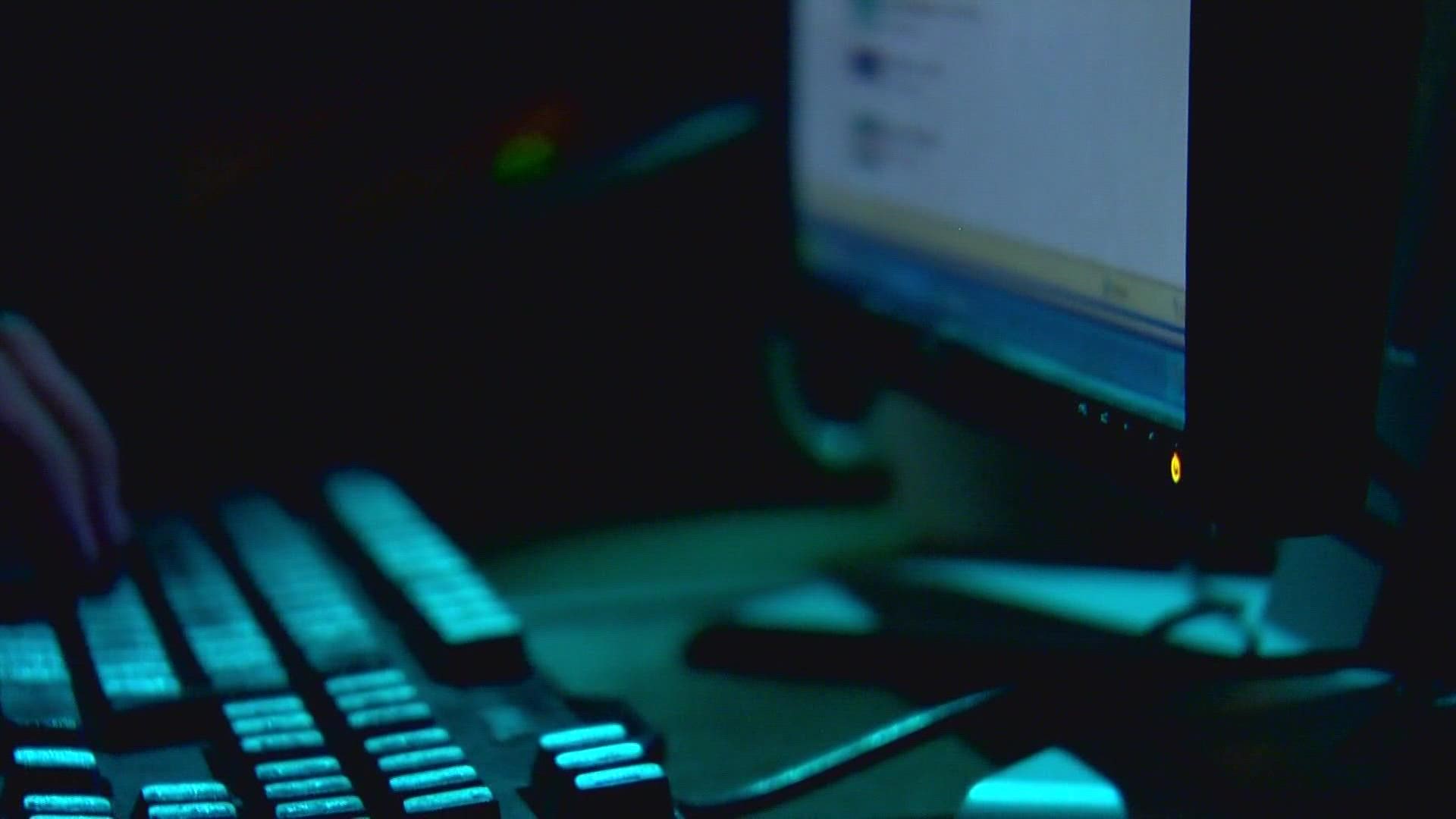SEATTLE — From the way we get gas at the pump, food at the store, to our water and power, it’s all digitally connected and vulnerable to cyber threats.
Earlier this year, 650,000 people were impacted after a data breach at the Washington State Department of Licensing.
“Those entities are what I call target rich, resource-poor,” said Jen Easterly, the Director of the nation’s Cyber Defense Agency or CISA.
Easterly heads the federal government’s newest agency and is growing a field force in Seattle to better help local and state governments protect critical infrastructure.
“It’s those entities that we need to work hand in hand with to provide them no-cost services to provide them the support and resources and capabilities to defend themselves,” Easterly said.
Easterly met with various agencies this week including public utilities and King County's Election director as threats to election infrastructure are increasing.
“To ensure that Americans and people here in King County can have confidence when they go to the ballot box in the security and integrity of that process,” said Easterly.
CISA also works with major companies like Amazon. The industry giant is working to develop a curriculum for kids K-12 to become cyber security savvy.
“The fundamentals for cybersecurity are something that we should be teaching children, how to protect yourself online and how to prevent somebody from taking advantage of you,” said Steve Schmidt, Chief Security Officer, Amazon.
Amazon said it wants people to have access to cyber security skills to grow their careers. It has invested 1.2 billion dollars in free training for its employees and hundreds of millions of dollars to provide free cloud computing skills training for 29 million people.
At Amazon headquarters Thursday, industry, academia, and the government discussed how to teach kids about cyber security and create a future pipeline of workers to fill 700,000 jobs.
“Build those kind of skills that help people protect themselves better and also find a career that's going to give them a rewarding engaging opportunity and some pretty well-paid jobs on the other end of it if they decide to go that route,” said Schmidt.
Cyber defense leaders say the earlier the better to build a future workforce to defend the nation.
“Cyber is not the scary technical thing, but something that’s fun and cool and something you can turn into an actual career,” said Easterly.

